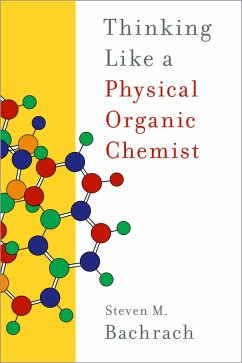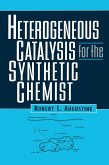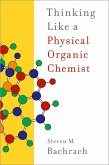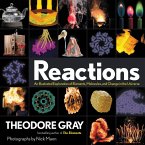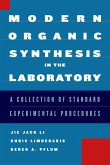Physical organic chemistry is a modern scientific subdiscipline whose reach is pervasive throughout chemistry, underpinning every academic and industrial synthetic process. All current organic chemistry textbooks rest upon the foundations of physical organic chemistry, and all of them rely on the concept of reaction mechanism as the means for understanding organic reactions. Yet many outside of the discipline either fear the topic or know nothing about it at all. The perceived difficulty of the subject of organic chemistry often prevents consideration of how the methods of organic chemists, their process of asking questions, devising tests, and building models, can be translated into other disciplines. In
Thinking Like a Physical Organic Chemist, Professor Steven M. Bachrach uses analogies and colorful examples to provide experts and nonexperts alike with an alternative way of thinking about organic chemistry. He highlights a number of reaction mechanisms, walking through the important experiments that they rest upon, with an emphasis on the rules and logic systems that organic chemists have built to understand and predict reaction outcomes.
Dieser Download kann aus rechtlichen Gründen nur mit Rechnungsadresse in A, B, BG, CY, CZ, D, DK, EW, E, FIN, F, GR, HR, H, IRL, I, LT, L, LR, M, NL, PL, P, R, S, SLO, SK ausgeliefert werden.

